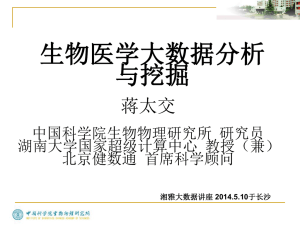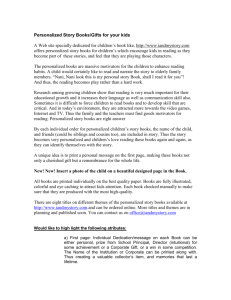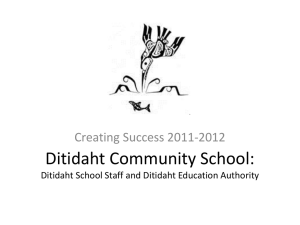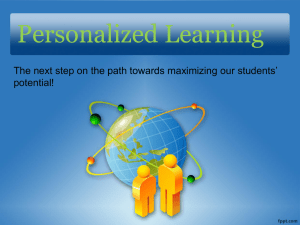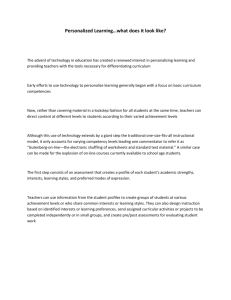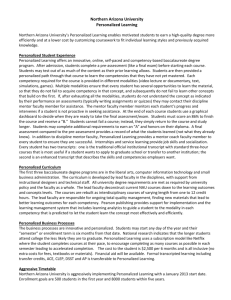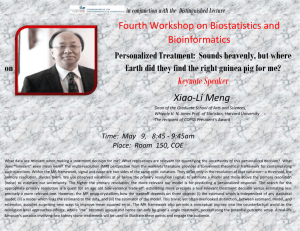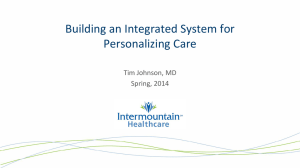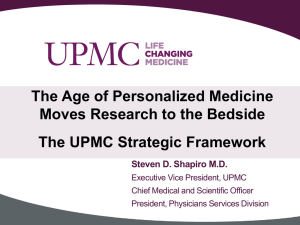Springbank Community High and Personalized Learning: Moving
advertisement
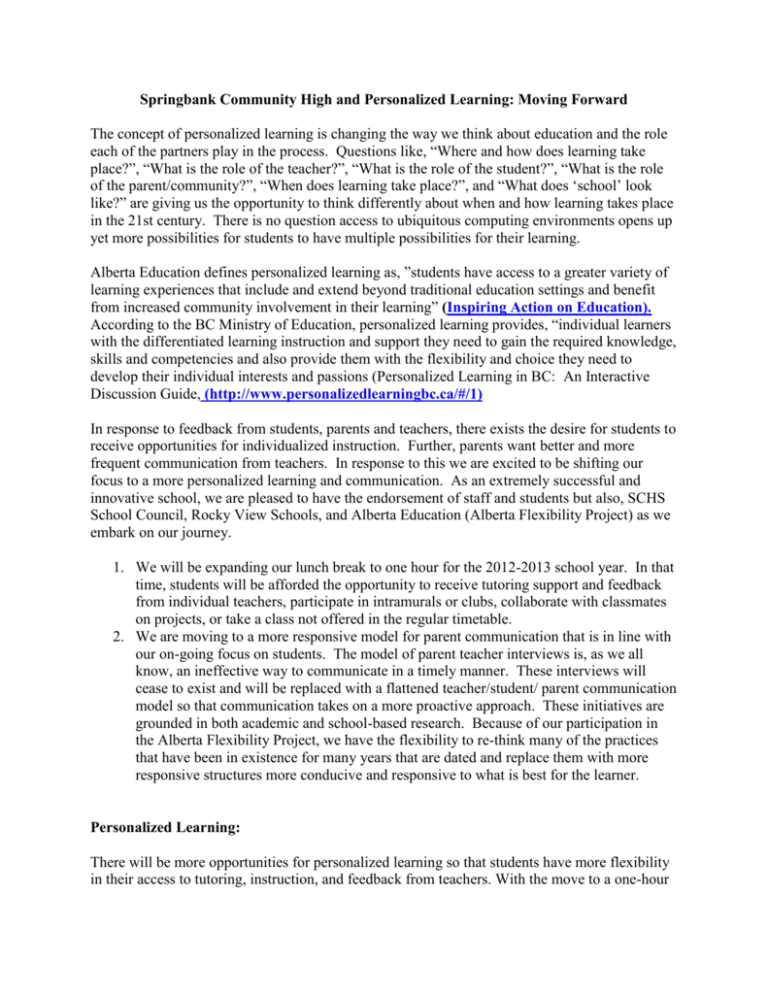
Springbank Community High and Personalized Learning: Moving Forward The concept of personalized learning is changing the way we think about education and the role each of the partners play in the process. Questions like, “Where and how does learning take place?”, “What is the role of the teacher?”, “What is the role of the student?”, “What is the role of the parent/community?”, “When does learning take place?”, and “What does ‘school’ look like?” are giving us the opportunity to think differently about when and how learning takes place in the 21st century. There is no question access to ubiquitous computing environments opens up yet more possibilities for students to have multiple possibilities for their learning. Alberta Education defines personalized learning as, ”students have access to a greater variety of learning experiences that include and extend beyond traditional education settings and benefit from increased community involvement in their learning” (Inspiring Action on Education). According to the BC Ministry of Education, personalized learning provides, “individual learners with the differentiated learning instruction and support they need to gain the required knowledge, skills and competencies and also provide them with the flexibility and choice they need to develop their individual interests and passions (Personalized Learning in BC: An Interactive Discussion Guide, (http://www.personalizedlearningbc.ca/#/1) In response to feedback from students, parents and teachers, there exists the desire for students to receive opportunities for individualized instruction. Further, parents want better and more frequent communication from teachers. In response to this we are excited to be shifting our focus to a more personalized learning and communication. As an extremely successful and innovative school, we are pleased to have the endorsement of staff and students but also, SCHS School Council, Rocky View Schools, and Alberta Education (Alberta Flexibility Project) as we embark on our journey. 1. We will be expanding our lunch break to one hour for the 2012-2013 school year. In that time, students will be afforded the opportunity to receive tutoring support and feedback from individual teachers, participate in intramurals or clubs, collaborate with classmates on projects, or take a class not offered in the regular timetable. 2. We are moving to a more responsive model for parent communication that is in line with our on-going focus on students. The model of parent teacher interviews is, as we all know, an ineffective way to communicate in a timely manner. These interviews will cease to exist and will be replaced with a flattened teacher/student/ parent communication model so that communication takes on a more proactive approach. These initiatives are grounded in both academic and school-based research. Because of our participation in the Alberta Flexibility Project, we have the flexibility to re-think many of the practices that have been in existence for many years that are dated and replace them with more responsive structures more conducive and responsive to what is best for the learner. Personalized Learning: There will be more opportunities for personalized learning so that students have more flexibility in their access to tutoring, instruction, and feedback from teachers. With the move to a one-hour lunch, teachers will be offering tutorials at lunch. They will be setting a schedule at the beginning of the year and it will be posted on the website. Tutorials can be self, teacher and/or parent referred. We have experts in the building and offering one-to-one or small group tutoring and workshops provides the students an opportunity to learn differently, enrich the studentteacher relationship, and inspire students to take ownership for their own learning. As mentioned previously, we will be additionally offering intramurals, clubs, collaboration time for projects and courses that are not offered in the regular day (i.e. Leadership, Music, Creative Writing, Fitness). Personalized Communication: We want to create opportunities and time for flexible, timely communication between teachers, students, and parents so that all stakeholders are more informed, parents and students feel a part of the learning journey, and are kept informed. With the implementation of Power School, students and parents can receive timely information regarding marks. Because of this, paper report cards will only be produced at the end of every semester. As always, parents are welcome to contact teachers at any time to meet and discuss their child’s progress. We believe that communication to parents requires reporting more than just a number. Teachers have agreed to be proactive in submitting marks into Power School and contacting parents in a timely manner. Each teacher will have set office hours that will be published on the school website in the fall. As well, communication can take on many modalities including, but not exclusive to, face-to-face contact, phone, Skype, or email. We will still be offering a Meet the Teacher/Advisor Night at the beginning of each semester and two Exhibition of Learning evenings at the end of each semester. We are in the process of considering a spring student-led portfolio conference. The traditional Parent-Teacher interview evenings will cease to exist; replaced with the aforementioned responsive model. As a staff, we are excited about the potential for greater student engagement by providing these personalized learning and communication opportunities. We want your students to be successful, proactive and feel they have an opportunity to learn in flexible ways. For more detailed information, please click HERE. Links to curated articles on Personalized Learning via Scoop.it: Personalized Learning - Curated Articles via Scoop.it Personalized Learning - Curated Articles via Pinterest
